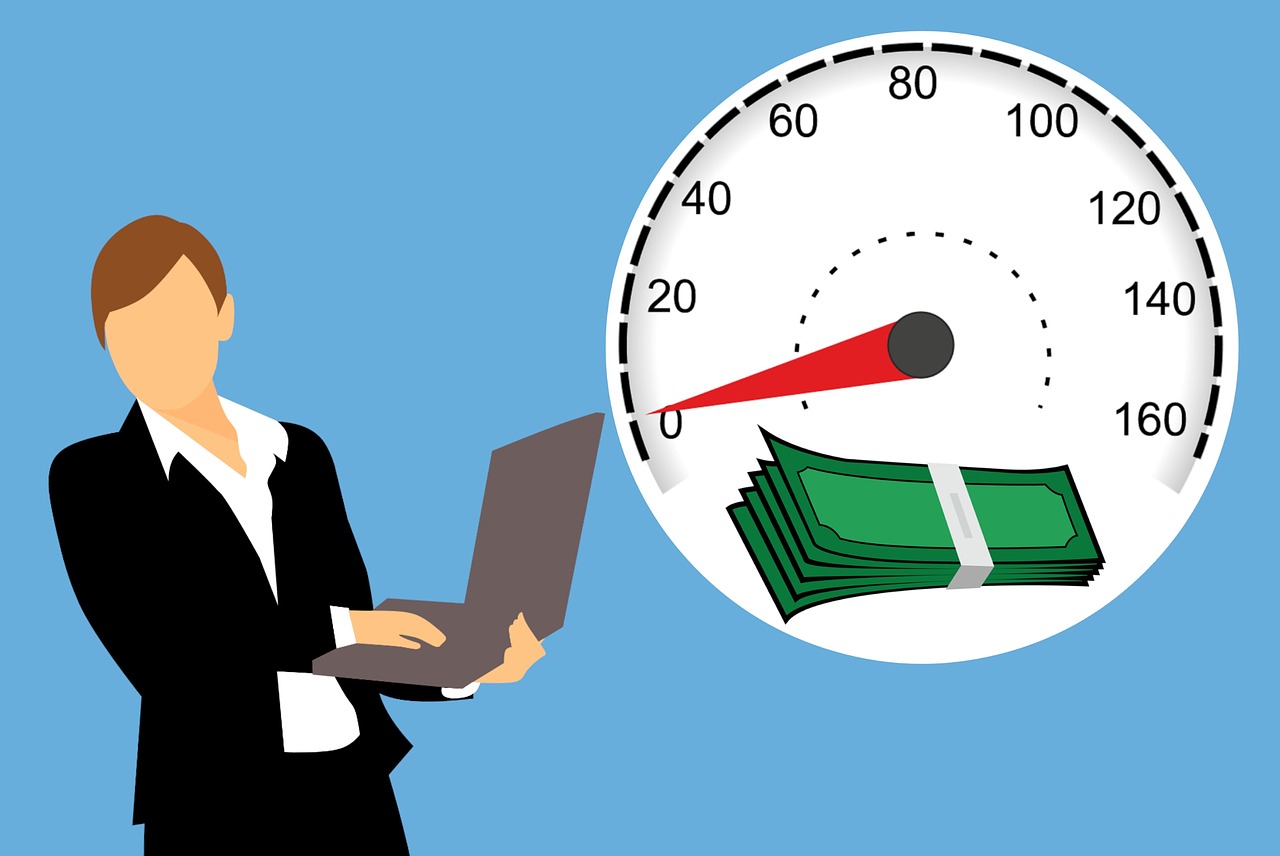Most people have been in this situation: your credit score has taken some hits, and you need to figure out how to increase that score and fast! Be it because you require a loan for your small business or are looking to apply for a home mortgage, you need to find a solution to improving low or bad credit. While, unfortunately, there is no magic formula per se, there are specific steps you can take and things you can start doing now that will ultimately help you raise that FICO score. Though, keep in mind, this can take some time. In others, it is not going to happen overnight.
Here are a few fast facts to think about:
– Having a higher credit score can get you lower rates on various loans
– The length of your credit history does impact your overall score
– One study found that over fifty percent of adults actually never check their credit scores
– A poor credit score is usually one that falls below 580

Credit scores are essential. While they are not the end-all and be-all, lenders will consider credit scores when applying for a business loan. Keep in mind. A traditional bank will prioritize credit scores more heavily than an alternative lender. That said, however, you do want to do whatever you can to improve a poor credit score before applying for a small business loan. This article looks at five things you can start doing now to help boost that FICO and potentially better your chances of loan approval.
Credit Score: Why It Matters
So why do credit scores seem to hold so much sway in the financial world? For one, a credit score is a good indicator of your creditworthiness. For example, if your credit score is on the lower side and your credit report shows a history of late or nonpayments, this is going to be a red flag to a lender. A credit score and report also show how much debt you currently carry. So let’s say you’re going for a new business loan. If a lender sees that you are already saddled with a large amount of debt, this could be a serious red flag.
How do you improve your score and thus your chances of qualifying for a loan—business or personal? Below are five steps you should start taking now with an eye on increasing your credit score.
1) Review your credit reports
As mentioned in the above “facts,” over fifty percent of adults don’t check their credit score or corresponding credit reports. This is a big no-no. For one, checking your credit report enables you to identify anything strange going on. You could potentially be a victim of fraud and not realize it not until you check that report.

Also, in checking your credit report regularly, you can see any errors and inaccuracies contributing to a lower score. Plus, it simply makes sense to understand why you are at the score you’re at and thereby see what needs to be done to help that score along.
2) Lower your credit utilization
Ideally, you want to aim for 30% credit utilization or less to optimize your credit score. Too much above this thirty percent mark, and lenders get a bit cautious that you are taking on too much debt—more than you can subsequently handle.
There are a couple of things you can do here to lower that credit utilization percentage. First off, you can start to pay down the credit card debt. Start with the higher interest cards first. Secondly, on some cards, you might get a credit limit increase. This, in turn, gives you access to more credit and will thus positively impact the utilization ratio.
3) Cut down on the number of credit inquiries you have
Often, when you apply for a new card, a car loan, or some other such new credit line, the company in question will perform a hard inquiry into your credit score. This causes your score to decrease. There may be a soft inquiry option that will not adversely impact your credit score.
Especially if you have multiple hard inquiries within a short period, your credit score will take a hit. So you want to try and limit these when possible.
4) Consider debt consolidation
Debt consolidation is when you get a loan to pay off all of your current debts, and then you will be responsible for paying on the debt consolidation loan every month. While the loan itself may not improve your credit score, the key to this type of strategy is finding a loan that will streamline all debts and also give you a lower monthly payment (perhaps also a lower interest rate as well). This, in turn, will enable you to pay down the overall debt faster than you otherwise might be able to.
5) Pay down your debt
Yes, this one is pretty obvious and can be tricky as well. But the fastest way to enhance that credit score is to pay down your debt. Debt is probably the most significant ding against your score. Too much of it, and you will have a tough time getting that score into excellent or excellent territory. Start little by little and peck away at that debt dragging you down.
First Union Lending Can Help
Even if your credit score is not ideal, we may still have a financing option for you and your small business. Call today!
